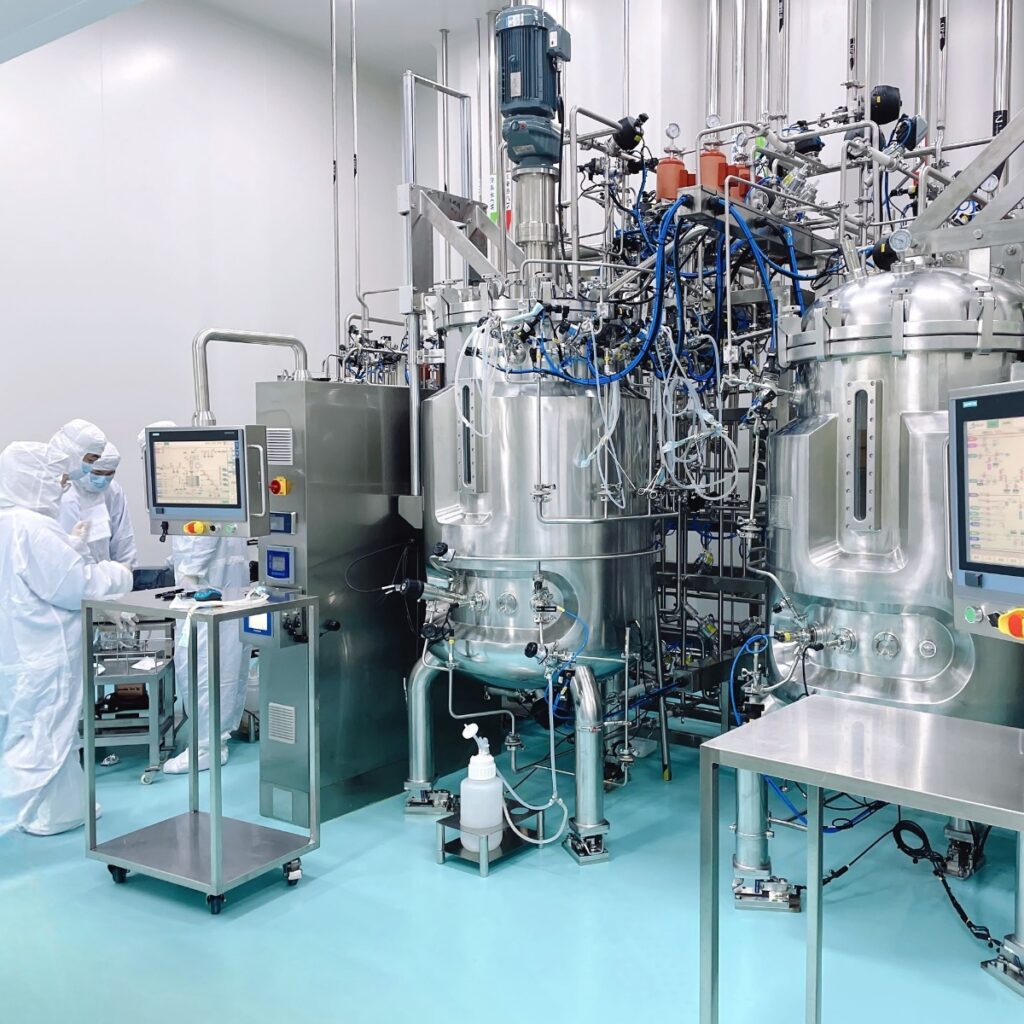
Even more amazing—what if we could customize vaccines to match a person’s unique health profile? Current advancements in vaccine biotech are guiding us in this direction. This field is rapidly advancing, reshaping how we think about health and immunity. It is strengthening hope for a healthier future.
Owing to recent innovations in biotech, the creation of vaccines is much faster, safer and more efficient than before, changing the face of healthcare worldwide. From the incredible success of mRNA vaccines to the use of Artificial Intelligence in driving research, these advancements offer remarkable promise.
Now, let’s explore the top ten revolutionary innovations in vaccine biotech and how they’re revolutionizing healthcare across the globe.
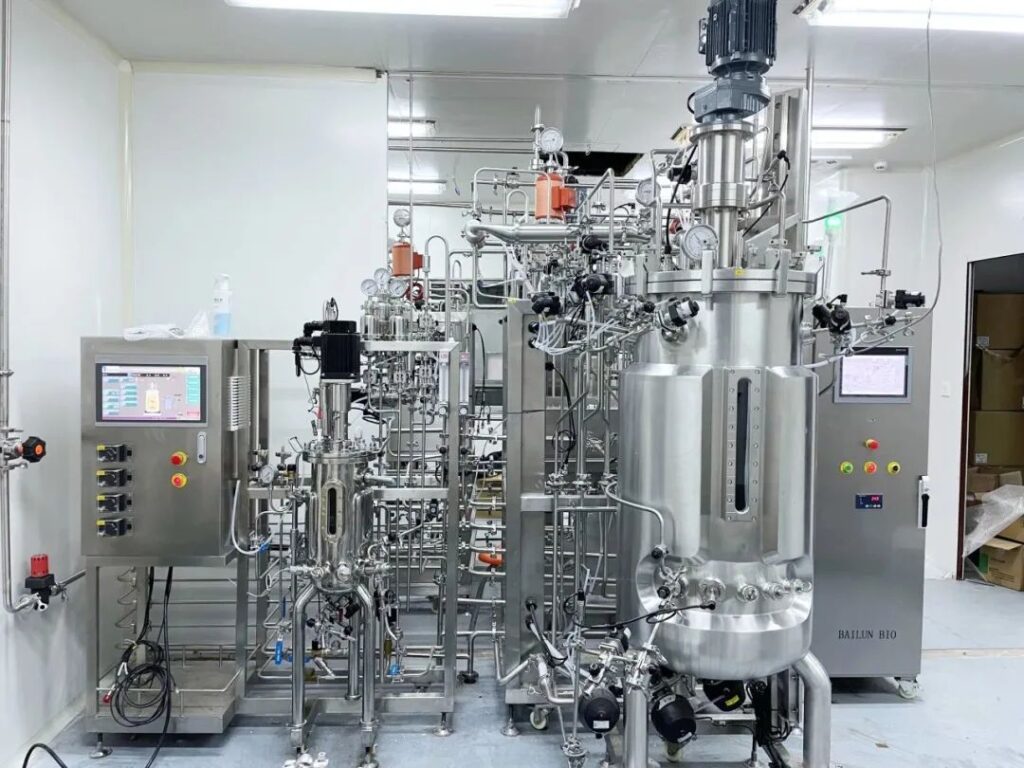
Advancements in Vaccine Biotech and Their Applications
Vaccine biotech isn’t simply about making vaccines, it’s the use of science and technology to enhance vaccine safety, efficacy and efficiency.
In this piece, we discuss the use of biotech vaccine methods such as artificial intelligence, genetic engineering, and more. Delve in!
1. AI in Vaccine Biotech: Speeding Up Innovation Like Never Before
AI is no longer science fiction, it’s at the forefront of vaccine technology. Imagine algorithms so advanced and capable of forecasting a vaccine’s effectiveness before it even enters clinical testing. That’s exactly what AI in vaccine biotech does. It speeds up the process of finding possible vaccine candidates, which used to take years.
For example, the use of AI was critical in making possible solutions for the vaccination formulae during the COVID-19 epidemic. It assisted companies such as Moderna and Pfizer to advance their testing and development phases enabling them to develop vaccines faster.
It is predicted that AI can make the production of vaccines quicker in future, giving us an advantage in the fight against new infections.
Real-World Application
AI enhances and accelerates vaccine generation. It can predict immune response by analyzing immense amounts of patient information, ensuring that vaccines developed are as effective as possible.
2. DNA-Based Vaccines: The Blueprint for a New Generation of Immunity
DNA-based vaccines are quietly revolutionizing vaccine technology. For instance, mRNA vaccines received the most attention during COVID-19.
DNA vaccines use genetic material to instruct the cells to produce certain antigens that trigger an immune response unlike other vaccines that employ injection of inactivated or weakened pathogens. This makes DNA vaccines extremely adaptable, in addition to making them safer.
One of the best parts? DNA vaccines remain stable at room temperature. This means that they can be delivered more readily to remote areas, resolving a significant logistical issue in the worldwide vaccination distribution process.
Real-World Application
Imagine healthcare workers administering DNA vaccines in rural regions without worrying about refrigeration. The stability of these vaccines opens the door for wider and more equitable vaccine distribution, particularly in developing countries.
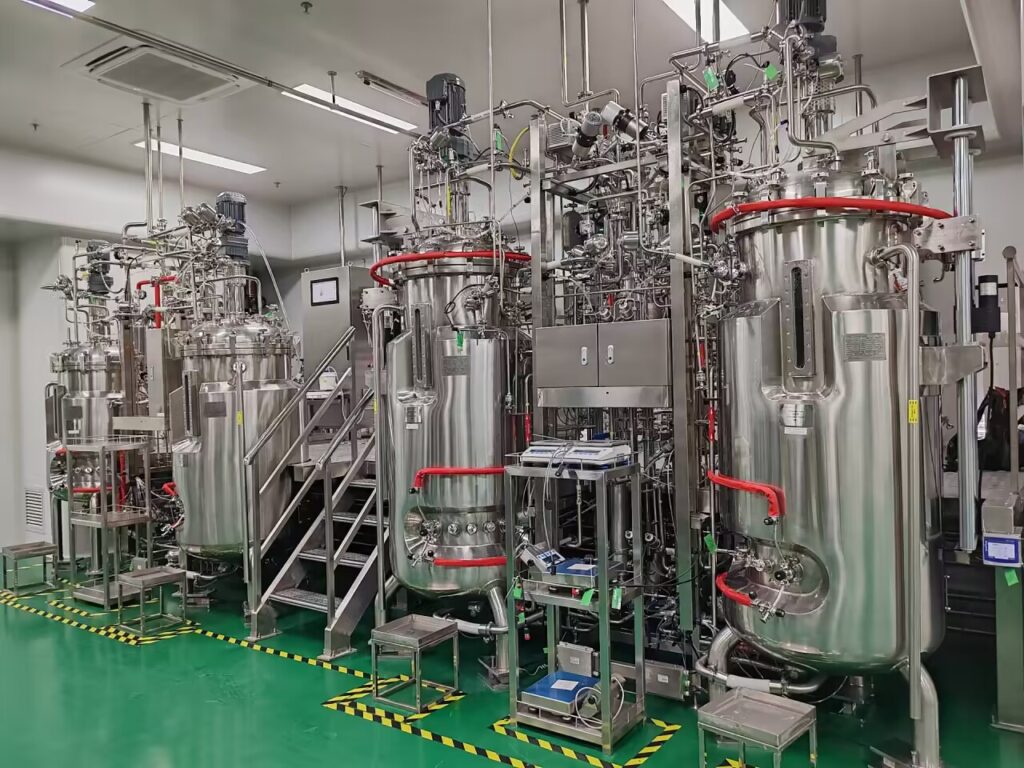
3. Green Biotech in Vaccine Development: Making Immunity Eco-Friendly
Here’s a new twist: green technology is already making its way into the vaccination business, making vaccines safe for the environment as well as for humans.
Conventional vaccine manufacturing, which uses animal products, large lab settings, and single-use ingredients can be resource-intensive. Green biotech seeks to lessen this impact by creating environmentally friendly production methods.
Nowadays, several biotech businesses produce vaccines using plants, such as tobacco, which have been genetically altered to manufacture vaccine proteins.
Others produce vaccines with less environmental waste by employing bioreactors with renewable inputs. Also, environment-friendly packaging is being investigated, which is fantastic news for a world that annually produces billions of vaccine doses.
Real-World Application
Consider vaccinations produced in plants, which could require less energy and fewer chemical inputs. Green biotech has the potential to make the vaccination sector a pioneer in sustainable science in the long run, benefiting both environmental preservation and human health.
4. Next-Generation Vaccine Delivery Systems
Do you know how most people flinch when they see a needle, right? That’s where next-generation vaccine administration systems come in, transforming the way vaccinations are given, and making the procedure simpler and more efficient.
Consider nasal sprays, oral vaccines, and even microneedle patches, these techniques not only lessen discomfort but also facilitate mass vaccination campaigns.
For example, microneedle patches are self-administered and painless, making them perfect for those who might be reluctant to receive standard injections. Additionally, oral and nasal vaccinations demonstrate the ability to directly stimulate robust immune responses at the points of pathogen entry.
Real-World Application
Imagine a society in which vaccinations are administered by pill or patch. High vaccination rates may be easier to get as a result, particularly for those who are needle-phobic. Or, for those who live in areas with little access to medical care.
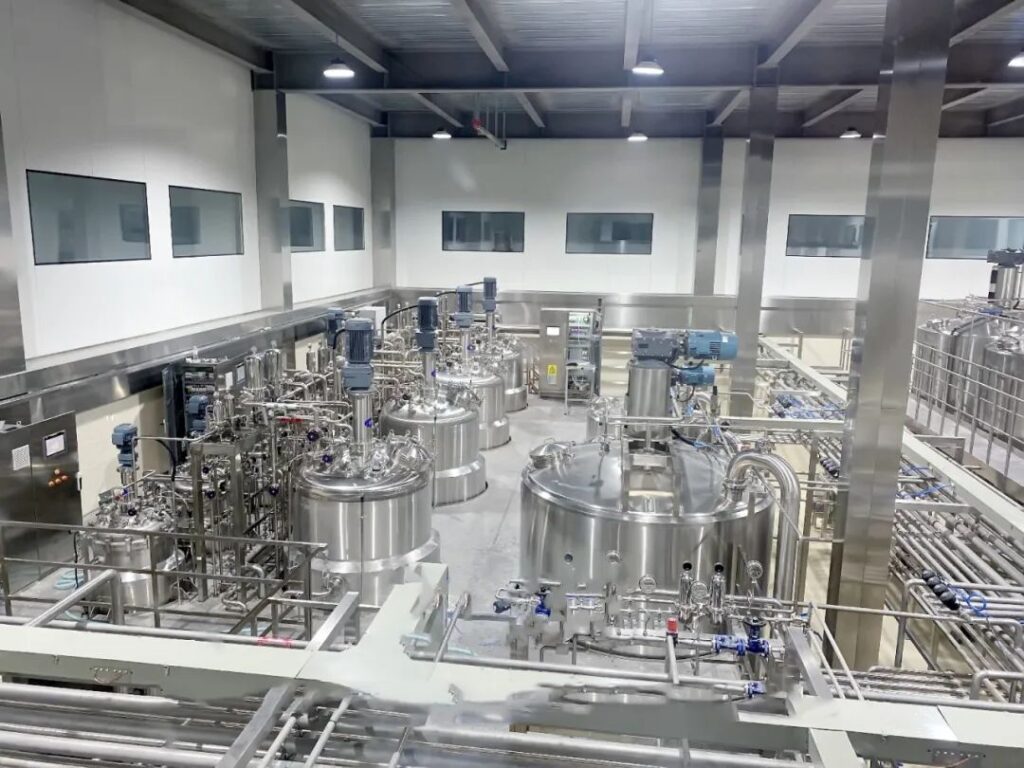
5. Viral Vector Vaccines: Delivering Immunity with Precision
Modified viruses are used in viral vector vaccines, such as Johnson & Johnson’s COVID-19 vaccine, to directly transfer immunity instructions to cells. These vaccines not only bring new approaches to prevent diseases but also impressive results of strong immune responses.
Some of the viral vector vaccines are effective with a single dose making them suitable for mass vaccine campaigns.
What’s amazing about viral vectors is their targeting ability. Scientists can design these viral vectors to be highly specific to boost immunity exactly where it’s required. This specificity lowers the side effects, making viral vector vaccines safer.
Real-World Application
Vaccines using viral vectors are being investigated for illnesses other than COVID-19, such as Ebola and malaria. They could play a significant role in preventing some of the most deadly diseases in the world due to their accuracy and efficacy.
6. Profiling and Precision Vaccinology: Tailoring Vaccines to You
Imagine a society in which each vaccination is tailored to your particular immune system. That is the idea behind immune profiling and precision vaccinology. Through the examination of an individual’s age, genetic makeup, and immune profile, researchers can customize vaccinations to maximize effectiveness for each person.
Precision vaccinology is particularly crucial for elderly people. This is because their immune systems might not react as strongly to traditional vaccinations. By modifying vaccine formulations, researchers are figuring out ways to maximize efficiency for various age groups, genders and even specific health complications.
Real-World Application
With the development of flu vaccine formulations tailored to older persons, precision vaccinology is already having a significant impact. Personalized vaccines for every age group could become a reality as this technology develops, providing the highest level of protection for all.
7. Personalized Vaccines for Chronic Diseases: Going Beyond Infectious Agents
Vaccines aren’t just for infectious diseases anymore. Thanks to advances in vaccine biotech, scientists are now coming up with vaccines for chronic diseases including cancer, Alzheimer’s, and autoimmune diseases.
These aren’t the typical vaccines that aim to protect one from a specific disease, instead, they teach the immune system to identify and target particular cells linked to long-term illnesses.
For instance, certain cancer vaccines are intended to ensure that the immune system recognizes cancer cells and destroys them, stopping the spread of illnesses. Alzheimer’s vaccines are intended to remove toxic proteins that accumulate in the brain.
This shift towards chronic disease vaccines opens up exciting new possibilities for treating conditions that were once thought incurable.
Real-World Application
Cancer vaccines are already in clinical trials, and personalized vaccines for conditions like rheumatoid arthritis could be on the horizon. This represents a huge leap forward in treating chronic diseases, giving hope to millions.
8. Improved Stability and Storage: Making Vaccines More Accessible
Storage is one of the most significant logistical issues. Since many vaccines must be stored at extremely low temperatures, getting them to remote locations is challenging.
Fortunately, developments in vaccine biotech are overcoming these shortcomings by developing vaccines that are stable at higher temperatures.
This is particularly crucial for mRNA vaccines, which were difficult to transport during the COVID-19 crisis. Researchers are conducting efforts to make these vaccines stable at normal temperatures, simplifying their transportation and storage.
Real-World Application
Temperature-stable vaccines mean that people in rural or resource-limited areas can have better access to life-saving immunizations. It also means less waste and lower distribution costs, making vaccination efforts more efficient and inclusive.
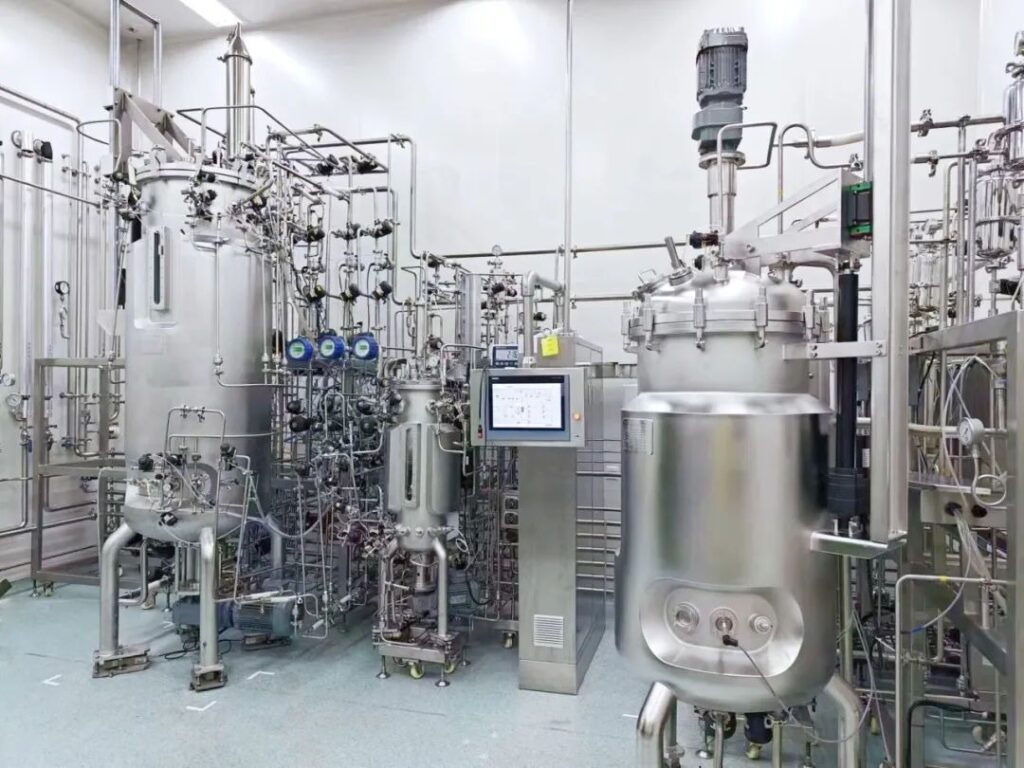
9. Automation in Biotech Vaccine Production: Boosting Safety
Automation is changing all sectors of the economy, and vaccine biotech is no different. Automated systems minimize human errors, increase productivity, and produce safer and more standard vaccines.
Automation has significant implications concerning vaccine safety, as it minimizes the likelihood of contamination and enables more rapid scale-up during a pandemic.
Real-World Application:
Imagine faster, safer vaccine production during the next global health emergency. With automation, vaccine biotech companies can produce vaccines at a massive scale while maintaining high safety standards.
10. Rapid Adaptation to Emerging Pathogens: Staying Ahead of the Curve
Finally, vaccine biotech has advanced significantly with the ability to quickly modify vaccinations to combat new infections.
Today, researchers are coming up with platforms where new genetic information can be replaced easily. This enables quick vaccine modifications in response to new strains of viruses. This was evident during the COVID-19 pandemic where mRNA vaccines could quickly be developed to counter new strains.
This flexibility is essential since pathogens change and evolve, making certain that vaccines continue to work even when viruses evolve.
Real-World Application
Imagine having a new vaccine within months of a virus emerging. This ability to quickly adapt could revolutionize global health responses, preventing pandemics from spiraling out of control.
Biotech Vaccines vs Traditional Vaccines: A New Era of Innovation
Conventional vaccinations such as live attenuated and inactivated vaccines have a long history. However, some drawbacks such as prolonged development periods and the requirement for adjuvants to increase efficacy are associated with them. Vaccine biotech offers an alternative viewpoint, tackling some of these issues directly.
1. Key Differences
Conventional vaccines are normally administered by injecting weaker strains of the disease or inactivated virus. Biotech vaccines like DNA-based or mRNA vaccines use modern science in order to directly guide the synthesis of the antigens by cells, making them safer, and more often faster to synthesize.
2. Efficiency
In traditional methods, development takes months or even years. But, biotech vaccines such as the mRNA can be created within weeks. As a result of this speed, biotech vaccines are capable of responding to the newly emerging dangers quickly, a function that was useful during the COVID-19 pandemic.
3. Real-World Impact
Biotech vaccines such as Spikevax and Comirnaty made headlines when they were the first globally recognized and authorized mRNA vaccines. Unlike the previous vaccines, they use synthesized artificial RNA molecules rather than the virus itself, adapting quickly and resulting in lesser biological risks.
4. Safety and Distribution
Biotech vaccines also perform well when it comes to safety, especially after extensive global COVID-19 vaccine safety trials for both Spikevax and Comirnaty. However, there have been some concerns in the public domain regarding the biotech vaccines safety. However, research by WHO has demonstrated the safety and effectiveness of these vaccines even in more susceptible populations.
Vaccine Investment: Fueling Biotech Innovation
There has been advancement in vaccine biotech investment, particularly in the last few years due to the COVID-19 pandemic.
Biotech has attracted billions of dollars from government grants as well as private equity firms resulting in faster and more innovative vaccine developments.
Through funding, biotech vaccine companies are able to venture into research innovations such as mRNA and DNA-based vaccines which in a big way has proven to be of immense benefit to the health sector.
Vaccine Benefits: Beyond Just Immunity
The benefits of vaccinations go well beyond preventing illnesses, particularly when it comes to today’s modern biotechnology. Let’s look into some of the benefits:
- Vaccines help keep people out of the hospital, lower healthcare costs, and build healthier communities by preventing diseases on a large scale. Highly effective biotech vaccines play a powerful role in making this possible.
- Vaccinations ease the financial strain on individuals and healthcare systems by reducing costly treatments. Biotech vaccines lower disease rates, enabling economies to grow and redirect resources to other priorities.
Diseases Eradicated by Vaccines: A Lasting Legacy
Thanks to decades of devoted study and international cooperation, vaccines have successfully eliminated or almost completely eradicated some of the most destructive illnesses in human history.
- Smallpox: Smallpox was eradicated in 1980, marking a significant milestone in the history of vaccinesand demonstrating the effectiveness of mass vaccination. Other international health projects have been motivated by the success of smallpox eradication.
- Polio: With only a few cases still occurring in a few areas, polio has all but disappeared from the world. The ongoing battle against polio serves as evidence of the success of consistent immunization campaigns.
- Future Objectives: Other illnesses, including HIV, measles, and malaria, are now possible targets for eradication because of developments in vaccine technology. Innovations in biotechnology offer more accurate, flexible, and efficient instruments to address these enduring global health risks.
Wrapping Up: A New Era in Vaccine Biotech
Vaccine production and technology are advancing at a never-before-seen rate, from green manufacturing and single-shot vaccines to AI-driven breakthroughs and DNA vaccines.
These ten innovations are not mere technical wonders. They are realistic solutions that increase vaccine accessibility, safety and adaptability to the evolving global health demands.
The future of healthcare is more promising and resilient than ever as we continue to research vaccine safety and enhance vaccine biotechnology.
Supercharge Your Vaccine Production with the Bailun Vaccine Bioreactor (GMP)
Looking to scale your vaccine development with precision and efficiency? The Bailun Vaccine Bioreactor (GMP) is engineered to elevate your production, ensuring the highest standards in Good Manufacturing Practice (GMP) compliance.
With advanced automation, consistent results, and optimized conditions for cell growth, Bailun’s bioreactor is the trusted solution for top-tier biotech labs and pharmaceutical companies worldwide.
Don’t compromise on quality or capacity—choose the Bailun Vaccine Bioreactor to streamline your workflow and enhance your production outcomes. Contact us today to learn how Bailun can transform your process!

